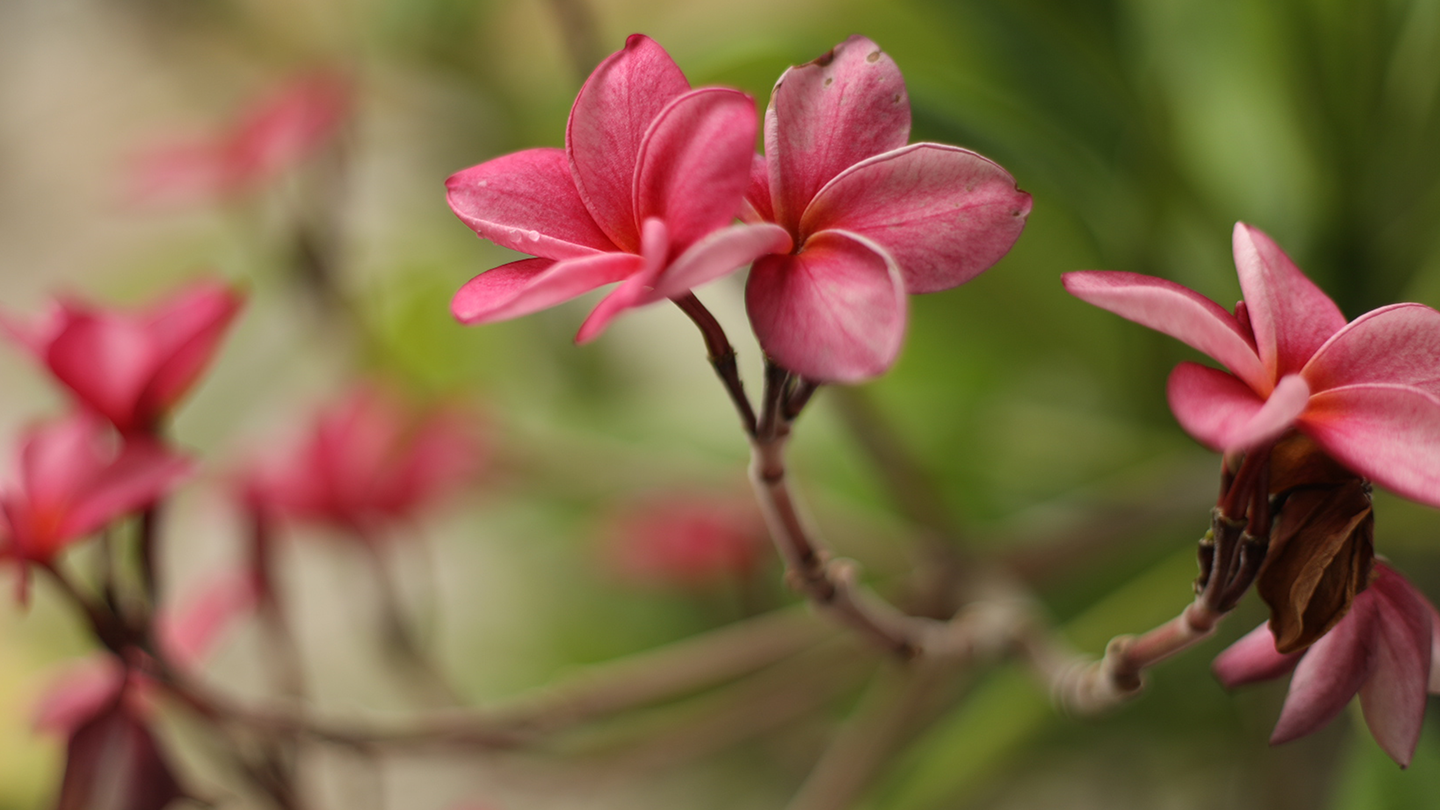• Significantly reduced levels of anxiety
• overall wellbeing
• newfound happiness, contentment
• spiritual inclination
• increased joy and awareness
• connection to self and others
• increased insights and awarenesses of past trauma
• forgiveness of self and others
• self-acceptance and inner peace
